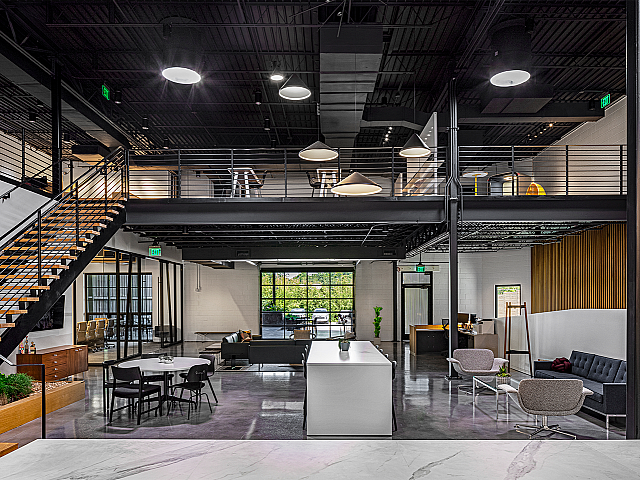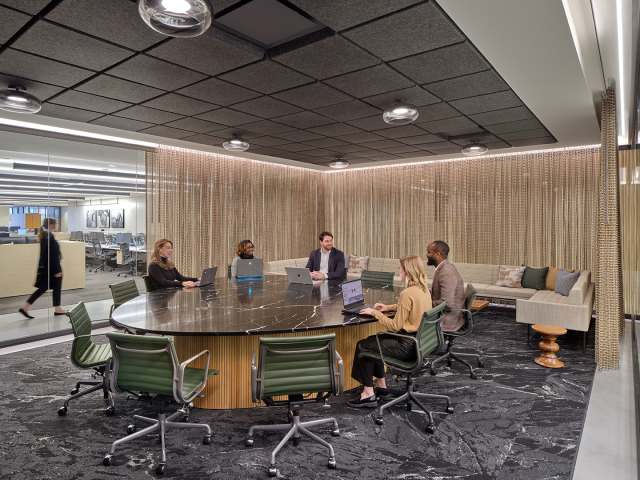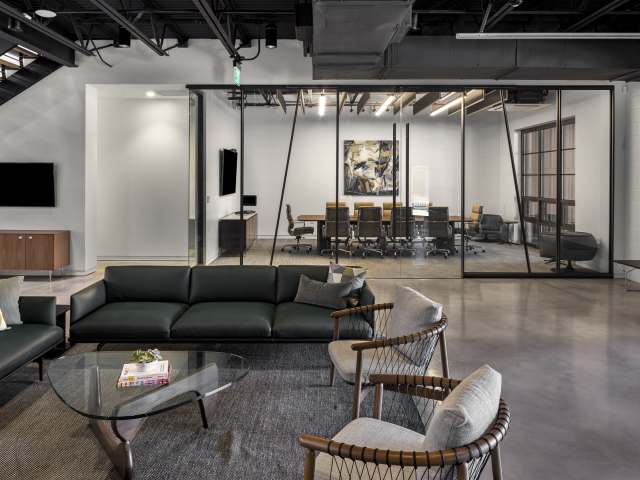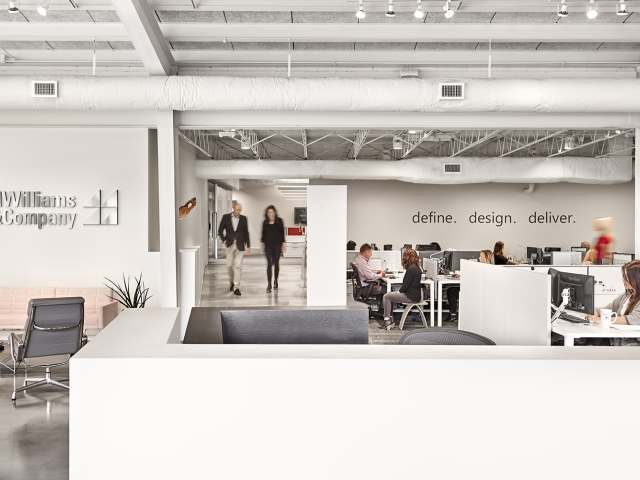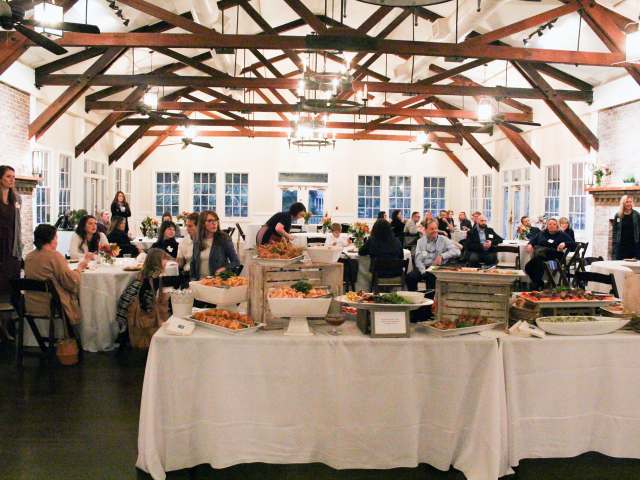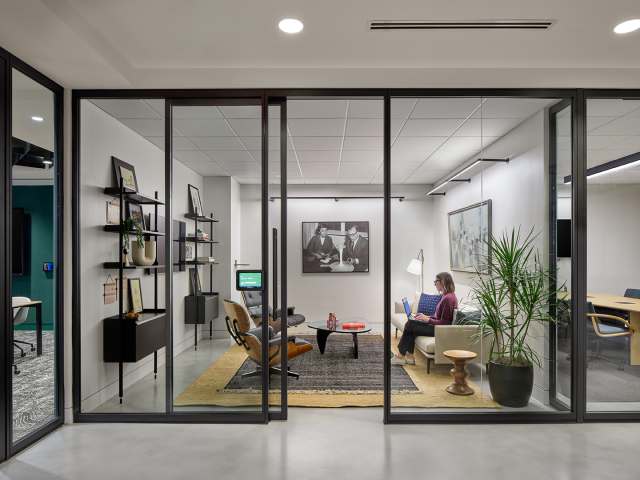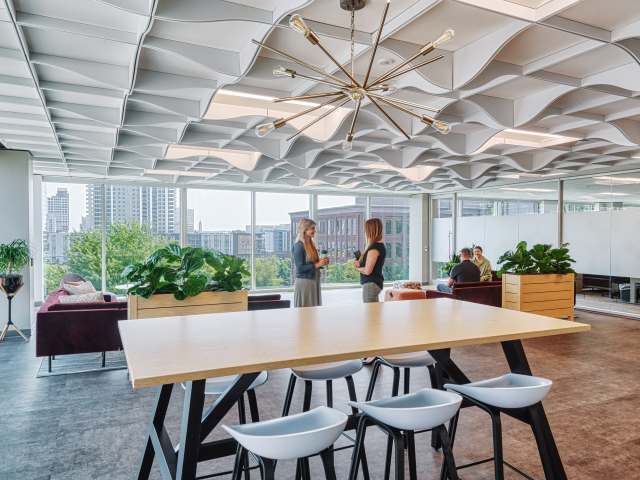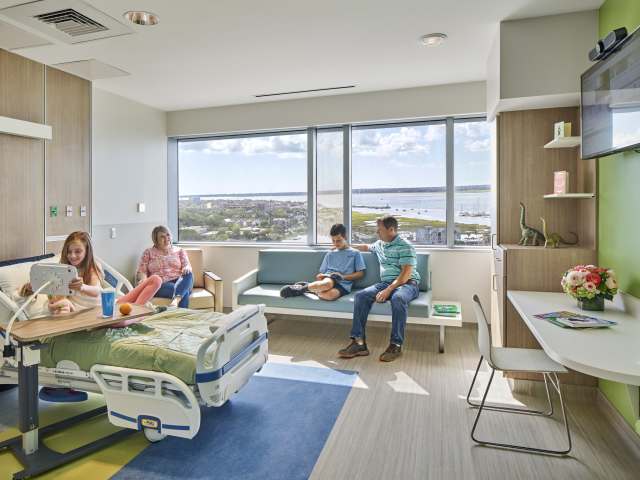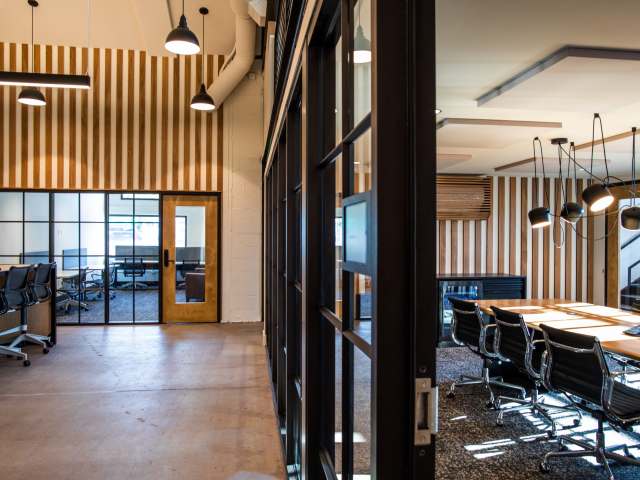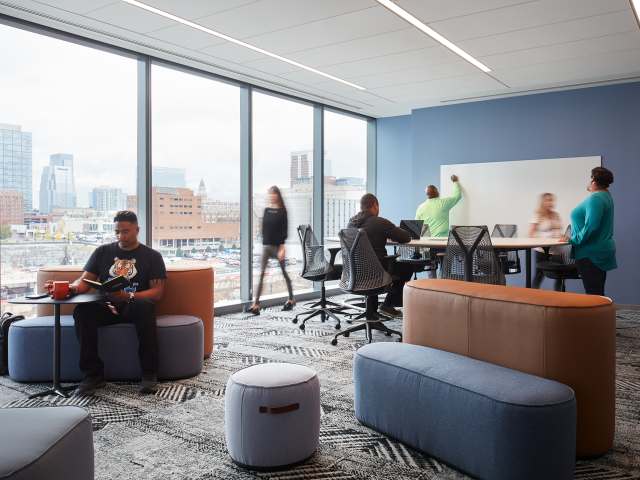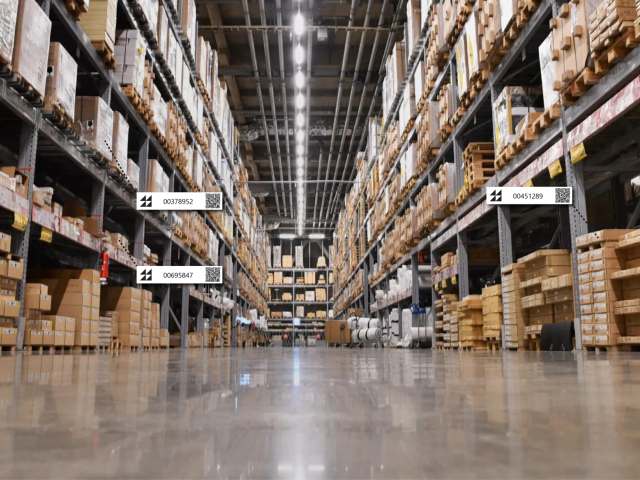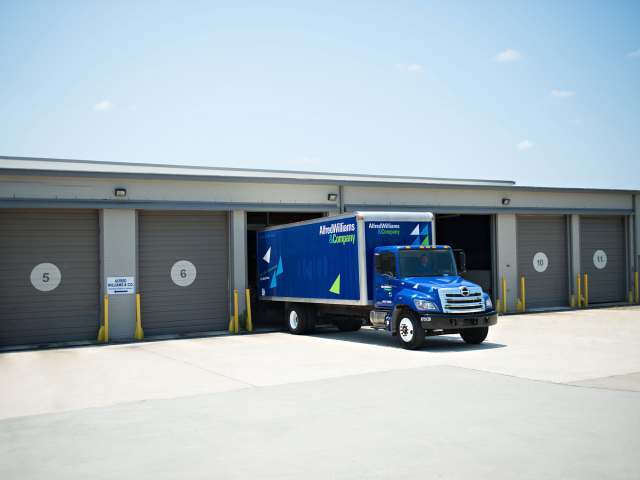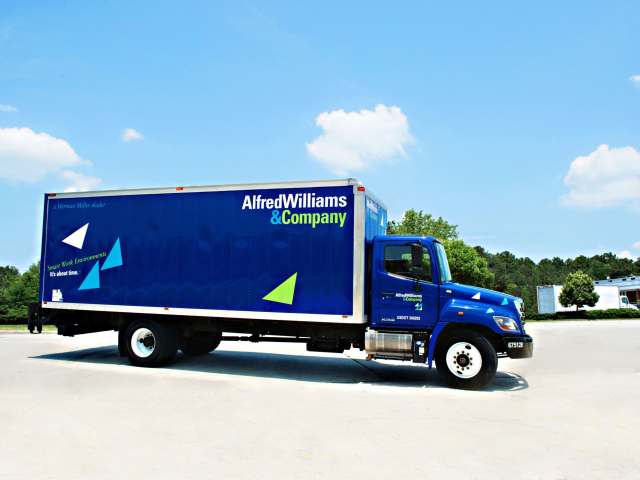Navigate Building Strong Relationships with Transformative Leadership
In
the ever-evolving landscape of the workplace, there is a fundamental shift that
promises to redefine the way businesses operate. The notion of the workplace as
a mere expense is being challenged, with a visionary approach aimed at
transforming it into a source of potential revenue.

Sign up to get these in your inbox each month!
Cultivating Transformational Leadership
The goal is clear for those at the helm of this transformation: instead of being a financial burden, the workplace should be a catalyst for empowering employees to deliver exceptional work and generate more revenue. This ambitious objective sparks an ongoing conversation, one that seeks innovative ways to create an environment where employees thrive and contribute significantly to the bottom line.
However, the journey towards this transformative workplace is not without challenges. Business leaders, tasked with steering their organizations through this paradigm shift, face the daunting challenge of clearly articulating the problems they aim to solve. Without a precise understanding of the issues at hand, they risk finding themselves in turbulent waters. This dilemma necessitates a collaborative approach from design firms and industry partners who must empathetically understand the leaders' perspectives and offer tailored solutions.

Fostering Genuine Partnerships
Partnerships, often touted as long-term commitments, demand more than just a history of completed projects. True partnership involves acting as stewards of resources, even if it means advising against certain projects. This level of honesty and genuine concern for the client's success builds trust and mutual respect, laying the foundation for a robust and enduring relationship.
Building strong relationships in the business world is easier said than done, especially when not all parties show equal interest. Transparency, trust, and mutual respect become key elements in fostering connections that withstand the test of time. The ideal scenario, as envisioned by industry insiders, involves defining the problem at hand, assembling a top-tier team to address it, and inspiring them to surpass expectations collectively.
Harnessing Human-Centric Collaboration
Effective leadership, in this context, is about knowing when to guide and when to let experts shine. Micro-management seldom leads to success, and leaders are urged to leverage the expertise of their teams, encouraging them to excel beyond their perceived limits. This approach creates an environment where individuals feel valued and empowered to contribute in meaningful ways.
Asking for what one wants in a relationship—be it as a leader or a partner—is a powerful move. Articulating a desire for collaboration that goes beyond conventional roles and responsibilities can lead to a partnership that transcends expectations. In this vision, the focus is not merely on maintaining the status quo but on unlocking untapped potential and achieving something truly extraordinary.

Amidst the layers and titles within a project, it's essential to remember that everyone involved is a three-dimensional human being with unique roles to play. Each have responsibilities and constraints, and acknowledging this human element can foster empathy and understanding. This perspective is crucial in creating an environment where individuals collaborate not just on projects but on building a shared opportunity.
The question arises: How does one break down boundaries and build relationships that endure? The answer lies in recognizing the importance of interactions between projects, in those seemingly mundane moments over meals. These interstitial moments bring the work to life, making the challenging conversations more manageable. Building a building or managing a massive project may not be easy, but the foundations of trust, mutuality, and relatability can make the journey more enjoyable and rewarding for all involved.
In essence, the future of work is not just about transforming physical spaces; it's about transforming relationships, leadership, and the very essence of how work is perceived and executed. The journey may be challenging, but with a commitment to empathy, transparency, and collaboration, the workplace of the future holds the promise of being a dynamic force for positive change.

